Oak Leaf Galls

Horned Oak Gall Leaf Galls Bygl

Oak Galls Won T Cause Much Permanent Damage Missouri Department Of Conservation

What Are Oak Galls Learn About Oak Apple Gall Treatment

Oak Galls Won T Cause Any Damage To Trees Video Ask Osu Extension Cleveland Com

Oak Gall Wasp

Do Masses Of Oak Leaf Galls Mean A Mass Invasion Of Wasps
Immediately below that is another gall of similar size, with surface convolutions that make it look like a little brain.
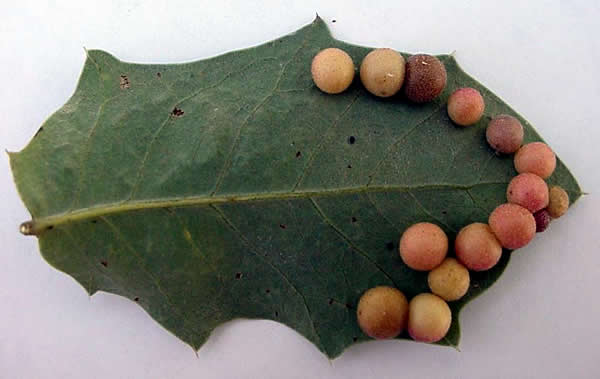
Oak leaf galls. A 12 inch diameter oak gall. A sunken scar marks the spot of the gall. Neuroterus saltarius forms tiny galls on the leaves of post oak that are dehiscent, that is, they drop off of the leaf.
Range from slight swelling to large knot-like growth. Some gall wasps oviposit in galls created by other species, rather than induce the growth of their own. These galls can be found between May and June where the female has laid her eggs in the leaf bud.
Galls picked off of pin oak leaves and sliced open. These females move to leaf buds to lay eggs for the leaf gall generation. There are two yellow oak galls:.
Jumping oak galls are yellow or brown blister-shaped balls the size of a pinhead. Most wasps, like bees, are actually solitary, non-stinging species. Leaf galls are a frightening sight but are not usually as serious as they appear.
Oak marble galls are caused by another gall wasp, this time Andricus kollari. So, controls are not needed. Neuroterus irregularis causes an irregular gall on the leaves of post oak.
In many cases, galls form on the leaves of plants but occasionally twigs and branches can also be attacked. The apple is green when the wasp larva is active inside, but once the adult emerges it will turn crispy and brown. This feeding causes the formation of groups of galls surrounded by a fringe of disfigured leaves.
Adults emerge from galls in April." Typically many scattered on one leaf. The effectiveness of this step depends in large part on the degree to which the tree is infested. Leaf and twig galls are most noticeable.
Galls are an abnormal swelling of plant tissue and can be caused by mites, insects, nematodes, bacteria or fungi. The cells within a young leaf are rapidly dividing and the larva of gall-making wasps can alter the development of new cells in a leaf and cause an oak leaf to grow a specific type of protective gall that will serve as a home for their developing offspring. Jumping oak gall wasp Neuroterus saltatorius.
Three-quarters of the gall-makers belong to two families:. The fuzzy gall on oak leaves is a woolly oak leaf gall. The Gall is produced on the leaf and the larva remains inside the Gall, feeding on the growth which does not harm the tree.
Usually, they don't harm the trees. It is created by the cynipid wasp, also called a gallfly, and don't sting humans. Gall development is a reaction by the plant tissue to feeding or egg laying by various mites and insects.
Cynipid wasps produce most of the galls on oak trees and plants within the rose family. The mealy-oak gall is one of the most common galls on live oak in Texas (figure 1). These insects inject a.
Most leaf galls on oak cause little or no harm to the health of a tree. They were quite solid. No clear management options.
Galls wasps in the genus Neuroterus have some of the most unusual galls. 1 of 5 Woolly leaf galls on oak foliage are abnormal growths around irritations caused by insects. Oak apple or oak gall is the common name for a large, round, vaguely apple-like gall commonly found on many species of oak.
I came across a number of interesting oak leaf insect galls during hikes this week in several local parks. 4 oak galls aligned in a row under an oak leaf, they are greenish yellow and cover with little red hair Gouty Oak Tree Gall In The Forest. When the galls are mature, they fall off the leaves and bounce around on the ground like Mexican jumping beans.
If a gall-producing wasp has left a gall on your oak tree, you can treat the tree for the presence of galls in a few simple steps. These little balls, called oak galls, are a common occurrence caused when the tree reacts to non-stinging wasps laying their eggs on its leaves, branches, twigs or flowers. Oak leaf gall mites are more of a problem for humans than for oak trees.
One of the most interesting is the jumping oak gall (Neuroterus sp.).These galls, which are caused by a small stingless wasp, fall to the ground and jump much like a Mexican jumping bean. The culprit is the Cynipid wasp, a tiny member of the Vespidae family that lays its eggs on oak tree leaves. The marble gall is found on pendunculate oaks.
“The gall is the plant or tree’s reaction to the insect’s egg,” said Jim Dill. The oak apple gall wasp, Biorhiza pallida, is a tiny wasp that causes growths, or 'galls', on oak twigs. They are also a source of dye and tanning material.
These bumps and deformities are generally the results of feeding by insects or some other foreign organism such as bacteria, fungi, mites, nematodes, and even viruses. Usually, they don't harm the trees. Galls on trees are caused by insects laying eggs inside or feeding on the branches of leaves of trees and other plants.
Gall-infested live oak trees occur throughout Texas in natural and planted situations. Gall wasp (Sexual) a leaf gall on English oak which thickens and distorts leaf or midrib. These changes may not be limited to bumps on leaves.
Oak apples range in size from 2 to 4 centimetres (1 to 2 in) in diameter and are caused by chemicals injected by the larva of certain kinds of gall wasp in the family Cynipidae. Galls usually are found on leaves and stems, but can sometimes be found on other locations of the plant. When the larvae hatch from the eggs of the insect, the oak mites feed on it.
Galls are defined as irregular growths or swellings. Oak leaves with red gall clusters are probably hosting one of three cynipid species. Over the next year to two years the larva will eat away at the tissue in the.
In this case, the organism causing the oak leaf gall is a wasp. The galls, or tumor-like growths, are produced by the tree in response to chemicals injected into it by an adult or larval gall-making insect. Sometimes there are several different leaf galls on one tree.
They are caused by the tiny gall wasp, Neuroterus, at or near saltatorius (Hymenoptera:. The ¼-inch galls of the urchin gall wasp (Antron echinus) cling to the leaves like colonies of miniature sea. Formed on leaf blades or petioles.
Galls from a post oak clutter the ground as they detach from leaves and twigs in time to be covered with fall’s leaf litter. Leaf galls on plants are usually the result of mites and other sucking insects that make their homes under the plant tissue. In fact, more galls occur on oak than on any other kind of plant.
Oak galls, also called oak apples, are a common phenomenon produced by the oak trees' reaction to wasps that lay their eggs inside of the oak bark. Leaf upper surface has brown spots, 1/16 to 1/8 inch diameter, encircled by yellow halo. Stem and twig galls.
Oak mites live inside these galls on the oak trees. The inhabitant gains its nutrients from the inner gall tissue. These insects live inside the galls on oak leaves.
The gall protects the larvae of insects, but it also provides a safe place for oak mites to live and feed. Step 1 Prune off gall-infested parts of the tree using pruning shears or a small saw. Inside the gall, there are a number of chambers, each housing a larva which eats its way out.
The wasp was intentionally introduced from the Mediterranean in the 1800s because its galls have a high tannin content, which was useful for tanning leather and dyeing cloth. Red cone galls dot the leaves of an oak tree. Galls are irregular plant growths which are stimulated by the reaction between plant hormones and powerful growth regulating chemicals produced by some insects or mites.
During the spring growing season, gall-making wasps deposited eggs on young oak leaves. Jumping oak gall caused by cynipid gall wasps Leaf galls. On the upper or lower leaf surface.
They vary greatly in size, shape and their location on the plant. Two common species of twig gall-producing insects are the horned oak gall wasp, Callirhytis cornigera, and the gouty oak gall wasp, C. Consecutive generations of horned oak gall wasps alternate between developing in small blister-like leaf galls and large, communal, woody twig galls.
"Oak Flake Gall Wasp" WHITE OAKS Bur Oak (macrocarpa) Chinkapin (muehlenbergii) Post Oak (stellata) Leaf, underside "Causes fuzzy, white to brown galls, about 2.5 mm across, on the undersides of leaves of oaks in the white oak group. This gall is reddish in color and slightly speckled, and looks. The stem gall generation takes about 33 months from egg hatch to adult emergence.
Jumping oak galls are tiny, seed-like galls that form on the undersides of white oak leaves. If they leave the galls in search of other food, they can be a true nuisance. Leaf galls This is oak flake gall which is caused by a gall wasp.
Oak apple galls are large, apple-like swellings on leaves that are caused by a small stingless wasp. Oak pill galls are irregular, hardened swellings up to one-quarter inch in diameter on the upper surface of the leaf. Oaks are prime gall-fodder providing support for over 800 different types of galls.
Cliff Sadof, Purdue University)ASH FLOWER GALL. I plucked some galls off of a leaf and cut them open. Midges, mites, aphids, flies, even bacteria and viruses.
Horned oak gall maker on leaf. Gall wasps - Gall wasps, or cynipid wasps, comprise the largest group of gallmaking insects, with over 1,000 species known globally. Oak galls are high in tannic acid and have been used traditionally as medicine by many cultures around the world;.
Adults emerge in June and July. The gall is a home to a small wasp larva that lives in the center. The fluffy balls attached to oak leaves is wooly oak gall.
The galls tend appear throughout the tree canopy in random collections, with several galls in close proximity to one another. Deformed growth on stems and twigs. The common name of this gall is reflective of both its color and where it grows on an oak.
Although the galls may present a dramatic appearance, as with the vast majority of oak leaf galls, they have little to no impact on the overall health of their host tree. They may be as large as three-fourths of an inch and are often bright pink or yellow in color, fading to brown in the fall. Galls are tumor-like growths produced by the plant in response to chemicals.
They can be as large as three-fourths of an inch and are often bright pink or yellow, fading to brown in the fall. The Acorn Plum Gall is caused by a Cynipid insect wasp Amphibolips quercusjuglans. A cluster of galls by the Crystalline Gall Wasp (Andricus crystallinus) under the leaf of a Blue Oak (Quercus douglasii).
Many Oak Leaf Galls are caused by tiny Wasps in the family Cynipidae, and the images you supplied look somewhat like the photos posted to BugGuide of Galls produced by the Gall Wasp Callirhytis furva. Galls may occur on leaves, bark, flowers, buds, acorns, or roots. The galls, which serve as sort of cocoons for gall wasps, do not harm the tree and the wasps don't bother humans when they emerge.
These growths, known as galls, are often the result of certain types of insects depositing eggs on leaves or feeding on leaves. The small, dark one at the upper left of the photo is, I believe, the gall of a midge, Polystepha pilulae. 1 Whatever the original cause, these organisms are usually not still on the plant leaf.
Generally, however, leaf galls are a cosmetic problem only and do not. Growths the size of BBs or small seeds on leaf undersides ;. The wasp family Cynipidae;.
The first photo shows a red oak leaf with a few woolly oak galls, along with at least one other kind of gall. The common spangle gall on the underside of leaves and the currant gall on the male catkins or occasionally the leaves, develop as chemically induced distortions on pedunculate oak (Quercus robur), or sessile oak (Quercus petraea) trees, caused by the cynipid wasp Neuroterus quercusbaccarum which has both agamic and bisexual generations. Every year I receive numerous questions about strange, misshapen growths on the leaves of trees.
Woolly oak leaf gall (photo below) look like a dense wad of wool attached to the leaf midvein. I have found that the best way to manage oak galls is by pouring a large glass of ice tea, adding a squeeze of lemon and a sprig of mint, and finding a good book to read. There are many leaf galls on both oak groups, and it is an unusual oak tree that is not infested by at least one kind of leaf gall.
Leaf galls may not look attractive, but they won't kill your tree. Gall wasp (Asexual) on the underside of the leaf of English oak. The jumping oak gall and the woolly leaf gall.
There are several possible reasons for oak leaves to turn brown in late spring. And the "gall midge" family Cecidomyiidae (cecido means "gall"). The small dot in the center is probably the tiny larva which is surrounded by thick plant tissues and a hairy exterior.
Appear as leaf curls, blisters, nipples or erineums (hairy, felt-like growths). This usually occurs in the spring. However, twig or branch galls may cause injury or even death to a heavily infested tree.
Green ash is commonly attacked by a small mite that feeds on the male flowers in the spring. The gall wasp also is reported from the same host in certain parts of Mexico and from western Louisiana. The gall is induced by a small wasp, Disholcaspiscinerosa (figure 2).
Tiny insects infest some of the oak leaves in the spring and cause the leaves to grow the fuzzy tan galls on their. Their feeding activities cause some galls, while chemicals secreted during egg growth in saliva or even excretions, may cause the changes to plant tissue. DISTORTED LEAF GALL Agent:.
Photographed th April 0 7.
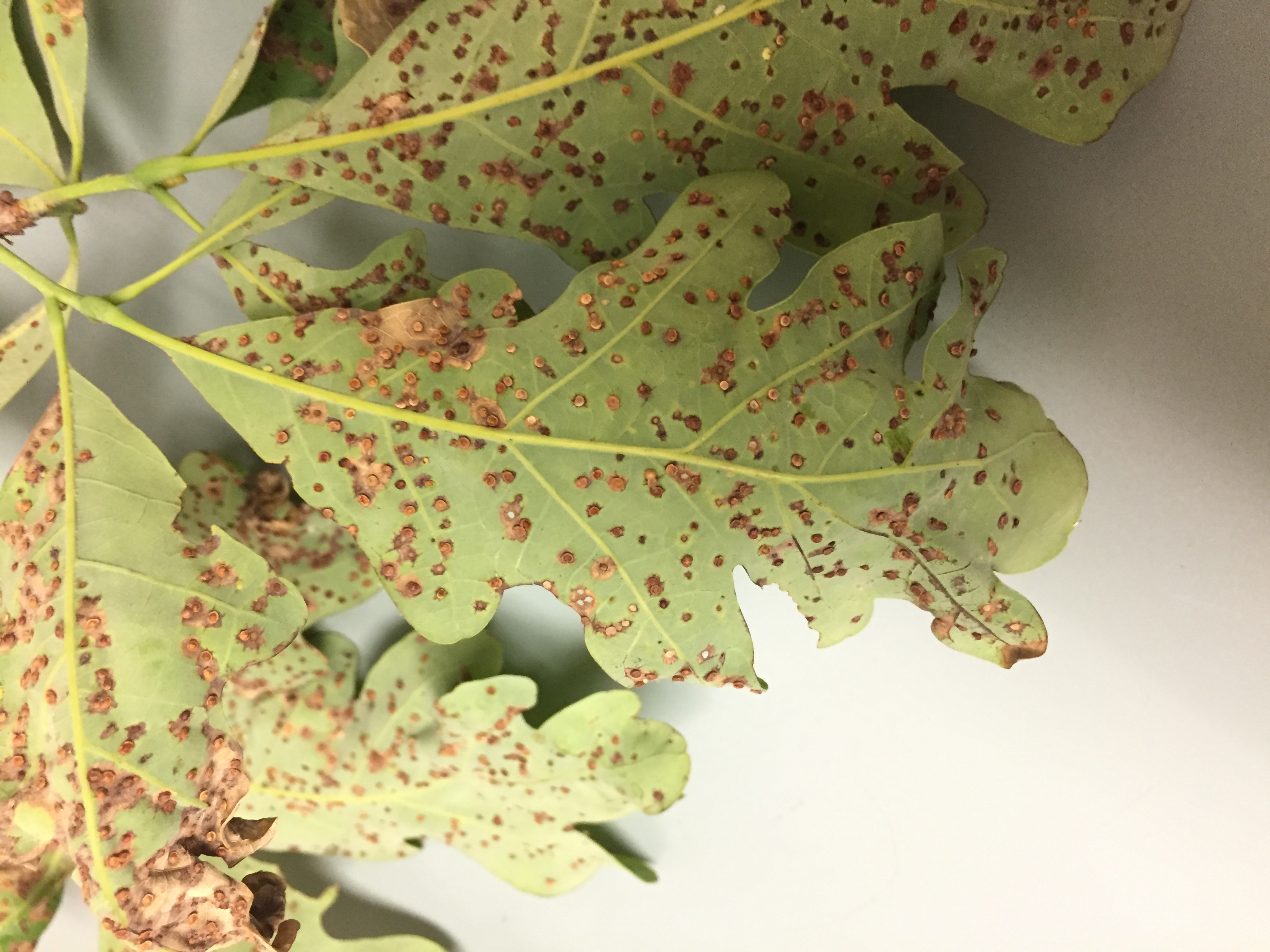
Jumping Oak Leaf Gall 3 Henrico Horticulture

Campus Biodiversity Oak Gall Wasps
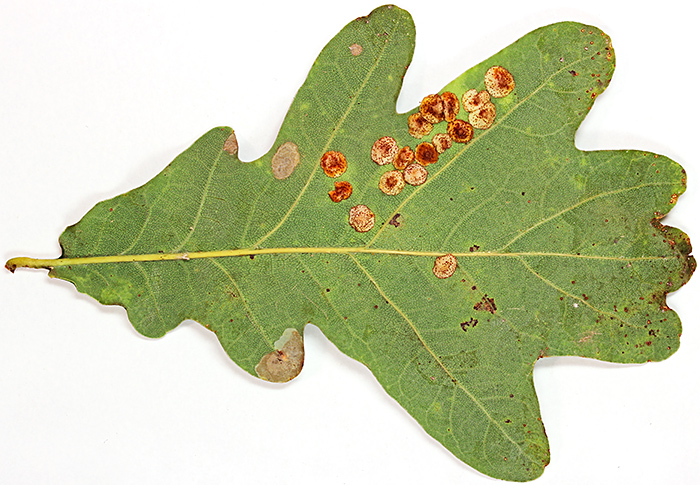
Oak Leaf Galls British Science Week 16 Quekett Microscopical Club

File Gall On Oak Leaf 1 Jpg Wikimedia Commons

Interesting Oak Leaf Insect Galls Bygl

Huber Fuzzy Galls On Oak Leaves No Cause For Alarm Houstonchronicle Com
Wooly Oak Leaf Gall On Shumard Oak Tree Project Noah

Springfield Plateau Fuzzy Orange Galls

Do Masses Of Oak Leaf Galls Mean A Mass Invasion Of Wasps

Leaf Galls On Bur Oak Neuroterus Quercusverrucarum Bugguide Net
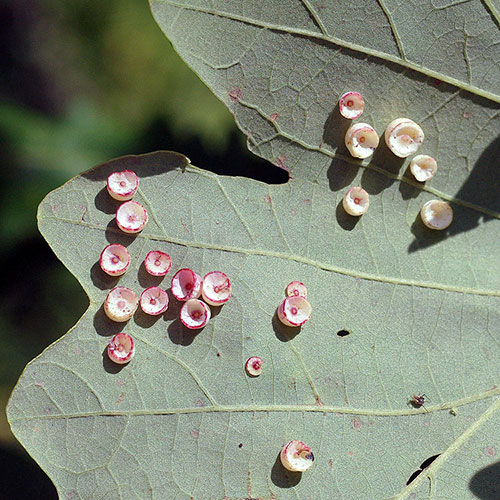
Galls Iv Two Oaks And A Hickory Field Station

Furry Oak Leaf Gall Wasp Callirhytis Furva On Water Oak Quercus Nigra By Lisa Kimmerling Jungledragon

Lumps Bumps And Ball Like Protrusions Maggie S Science Connection

Red Common Spangle Gall Of The Gall Wasp Neuroterus Quercusbaccarum Stock Photo Picture And Royalty Free Image Image

Jumping Oak Galls Turn Oak Trees Brown In Southeast Missouri Missouri Department Of Conservation

Iron Tree Service Common Tree Insects Tree Care

Oak Leaf Gall What S That Bug

Round Galls On An Oak Leaf Stock Image B265 0043 Science Photo Library
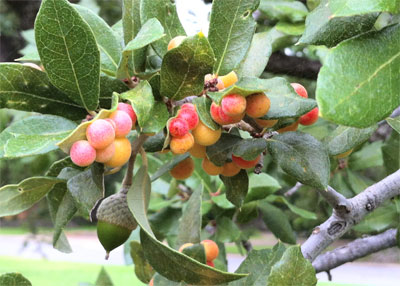
Texas Tree Tips Oak Galls Neil Sperry S Gardens

Pink Galls On An Oak Leaf Stock Image B265 0042 Science Photo Library
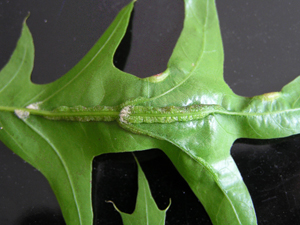
Gall Forming Insects Plague Oak Trees And Can Lead To Itch Mite Concerns
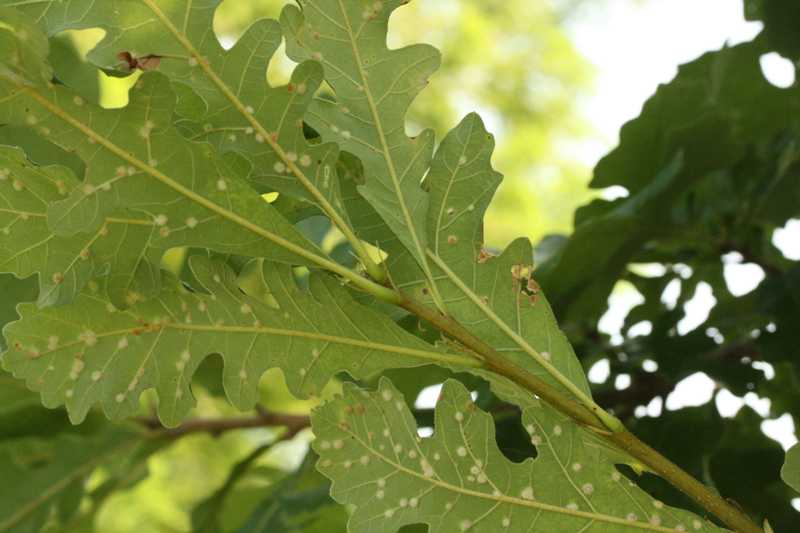
Galls On Trees

Woolly Oak Leaf Gall Naturally Curious With Mary Holland
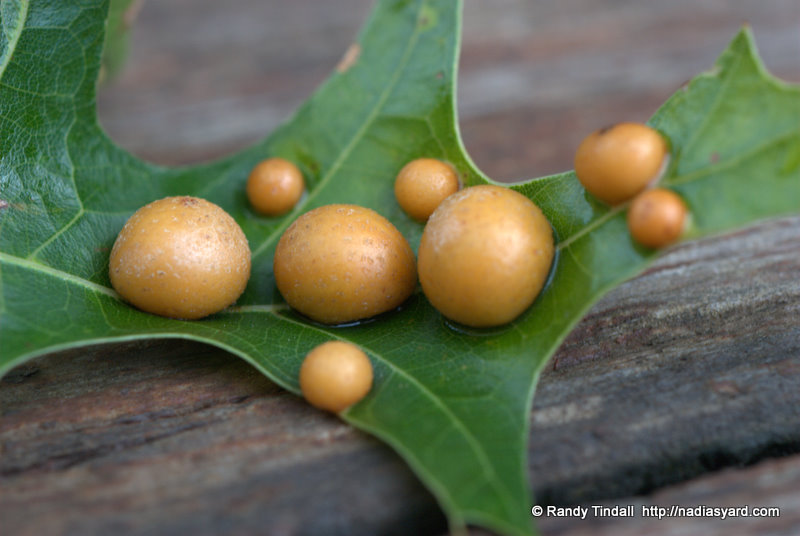
A Lotta Damn Gall S Nadia S Backyard
Q Tbn 3aand9gcsimobrxdlonmvoxm Kxenhsudpylisdb9lkju5w2pjs4rowrsw Usqp Cau
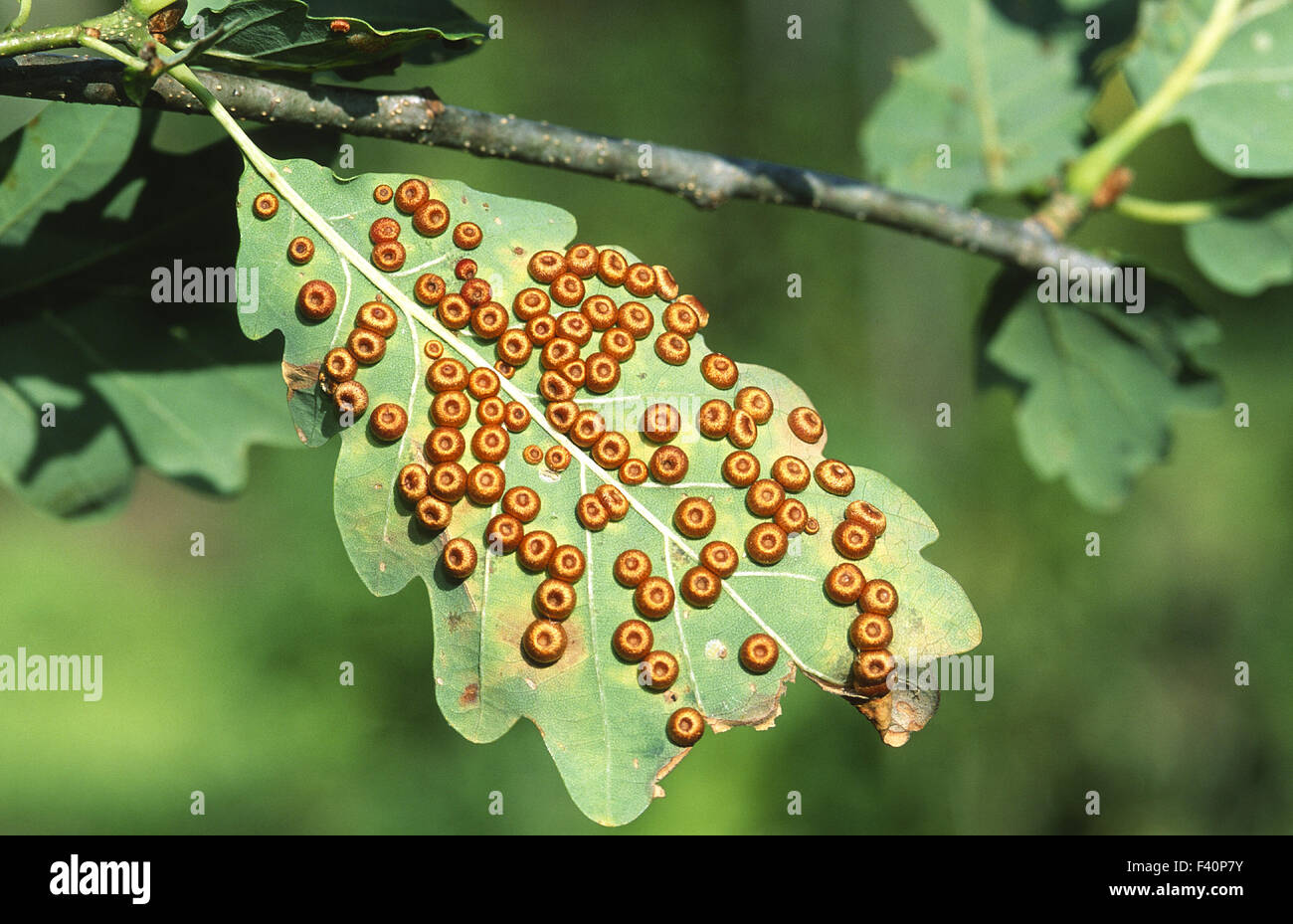
Gall Wasp On Oak Leaf Stock Photo Alamy
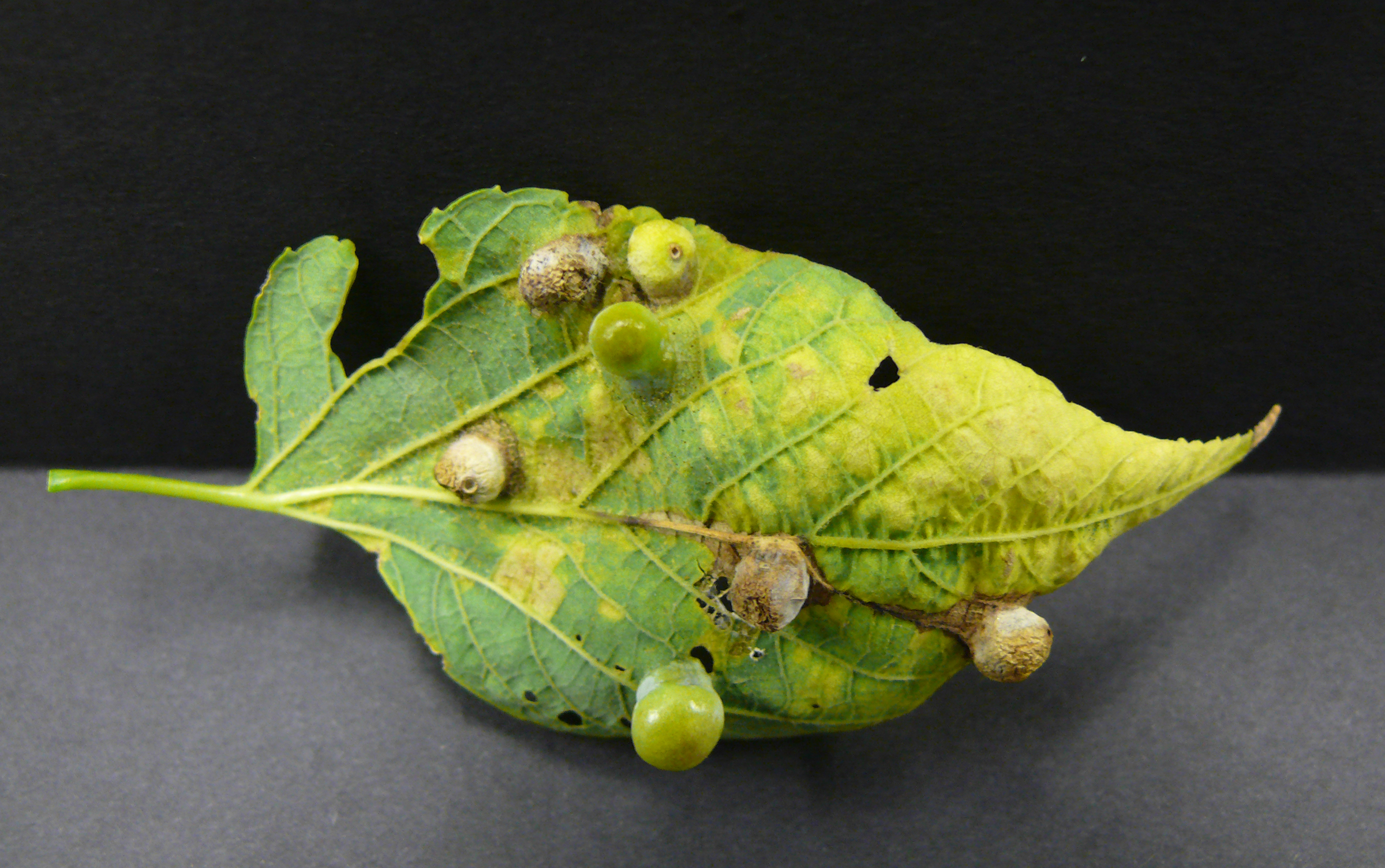
Indiana Has A New Nuisance Called The Oak Leaf Gall Mite
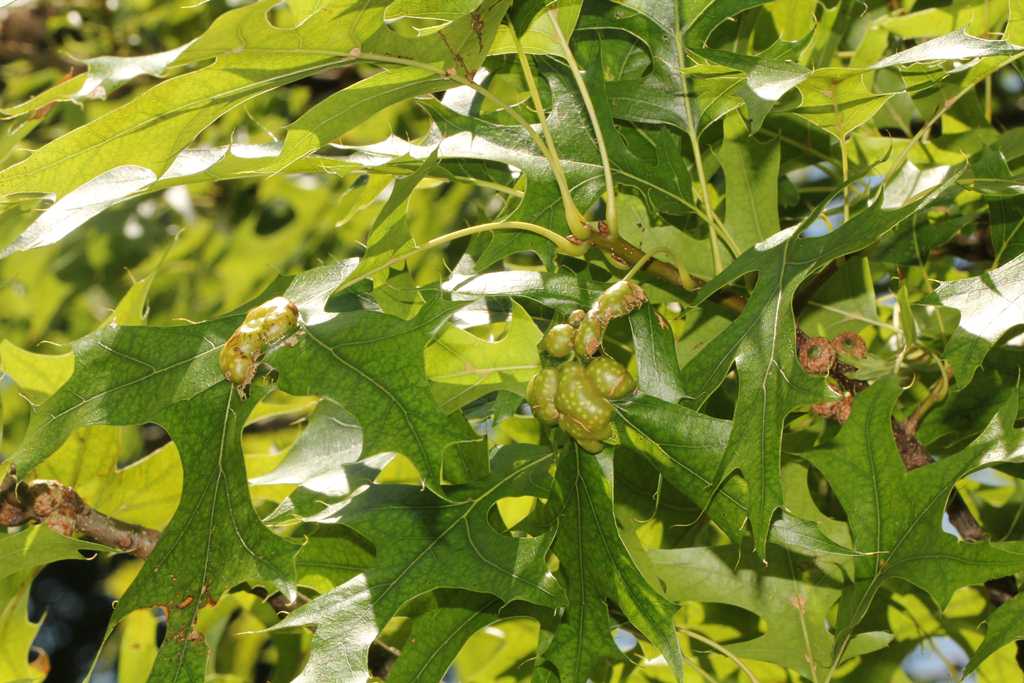
Galls On Trees
Q Tbn 3aand9gcsfzhf2fb1vz9sr2x76jihgwrwtq6ws076wuixc Pnxh5tnqi Usqp Cau

Oak Leaf Gall Egg Cases Id Ask An Expert

Science Source Cherry Gall On Oak Leaf

Oak Leaf Gall Egg Cases Id Ask An Expert

Nh Notes Fuzzy Orange Galls On Oak Leaves Naturalis Historia

Unsightly Galls On Live Oak Leaves Caused By Insects The Post Newspaper

Gnarled Oak Leaf Midge Galls Bygl

Oak Leaf Gall Id Request Polystepha Pilulae Bugguide Net
Q Tbn 3aand9gcthfxqhinrsdgh 11hxcqjm7y9g Nb7r6y6 Ft8gvhzn6evl35q Usqp Cau

Oak Tree Critters I E Galls Hort Coco Uc Master Gardener Program Of Contra Costa Anr Blogs

Oak Leaf Galls Are Harmless To Trees
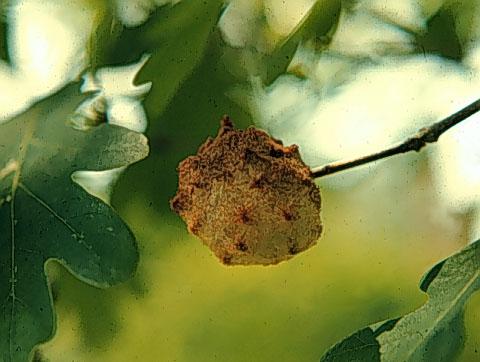
Galls On Oaks Nc State Extension Publications

Plant Galls Needn T Be Galling Laidback Gardener

Oak Galls What S That Bug

Galls On Oak Tree Leaves Ask An Expert

Oak Galls Pests In The Urban Landscape Anr Blogs
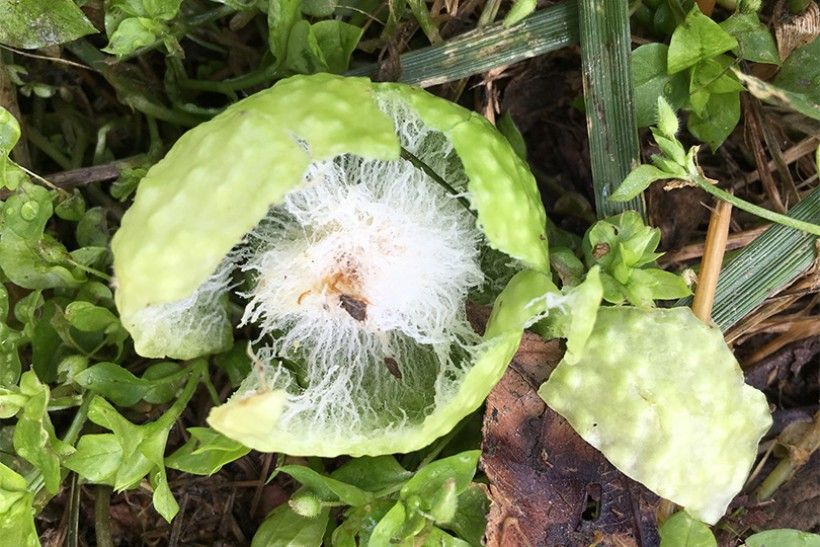
How Wasps Make Beautiful And Complex Oak Apples Brandywine Conservancy And Museum Of Art

Plant Insect Interaction Northern Red Oak Leaf Gall Created By A Gall Wasp The Life Of Your Time

Nh Notes Fuzzy Orange Galls On Oak Leaves Naturalis Historia
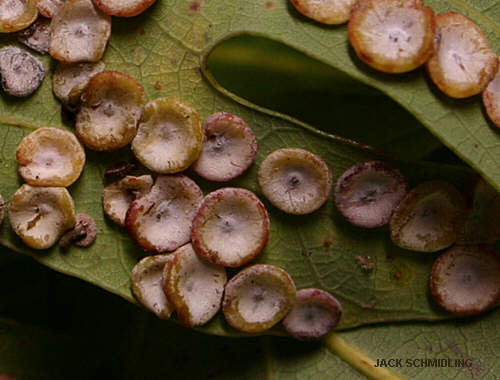
Oak Leave Saucer Gall

Galls On Oak Leaves And Twigs Horticulture And Home Pest News

What Causes Galls On Trees Are Galls Harmul To Trees

The Gall S Of Some Trees Kentucky Pest News

Oaks Have A Lot Of Gall The Natural Web

Oak Garry Quercus Leaf And Twig Gall Pacific Northwest Pest Management Handbooks

Leaf And Twig Galls Oh My Kramer Tree Specialists
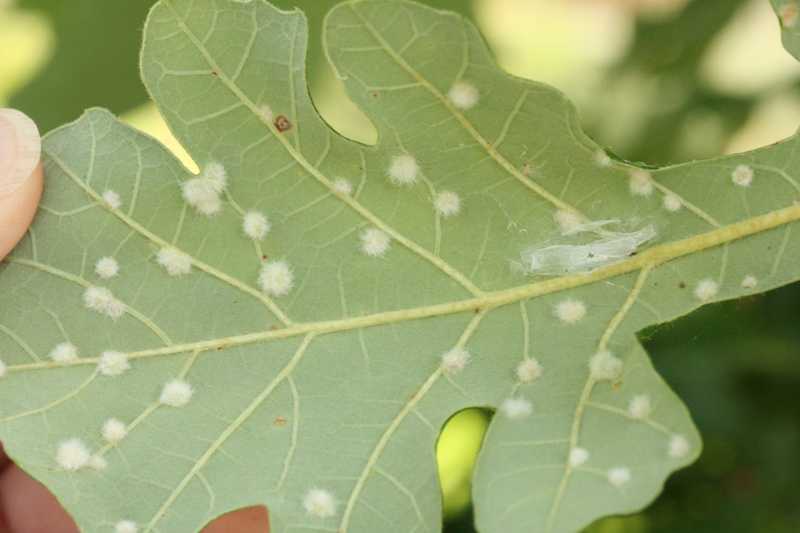
Galls On Trees

File Gall On Oak Leaf 2 Jpg Wikimedia Commons

Oak Leaf Gall Egg Cases Id Ask An Expert
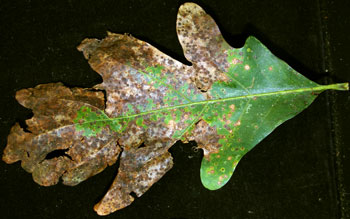
Jumping Oak Gall Causing Damage To White Oak Msu Extension

Galls On Bur Oak Quercus Macrocarpa

Are These Galls On My Pin Oak Ask An Expert
Q Tbn 3aand9gcrd0y1jxcsieoi O6jgnymbvypf5rpiecxzsp0xi0n1qnesmrcx Usqp Cau

Leaf Gall Identification Learn About Preventing And Treating Leaf Gall On Plants Dummer Garden Manage Gfinger Is The Best Garden Manage App
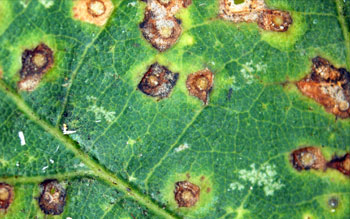
Jumping Oak Gall Causing Damage To White Oak Msu Extension
Live Oak Leaf Galls Project Noah

Huber Fuzzy Galls On Oak Leaves No Cause For Alarm Houstonchronicle Com
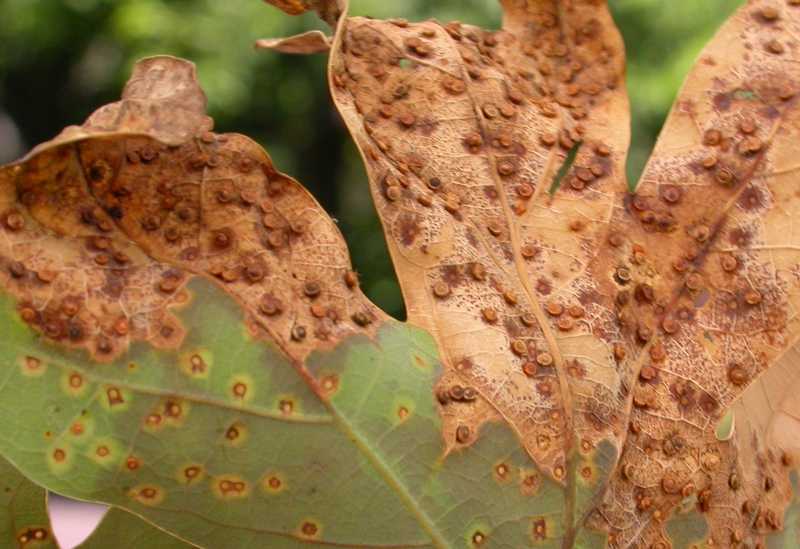
Jumping Oak Galls
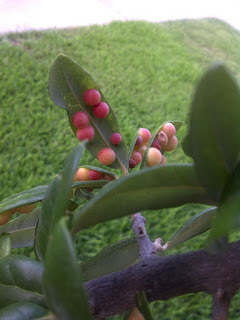
Oak Leaf Galls Urban Ipm

What Are These Bumps On My Oak Tree Leaves Davey Blog

Galls On Oak Leaves

Galls Backyard And Beyond Page 2

Oak Leaf Galls Belonocnema Treatae Bugguide Net
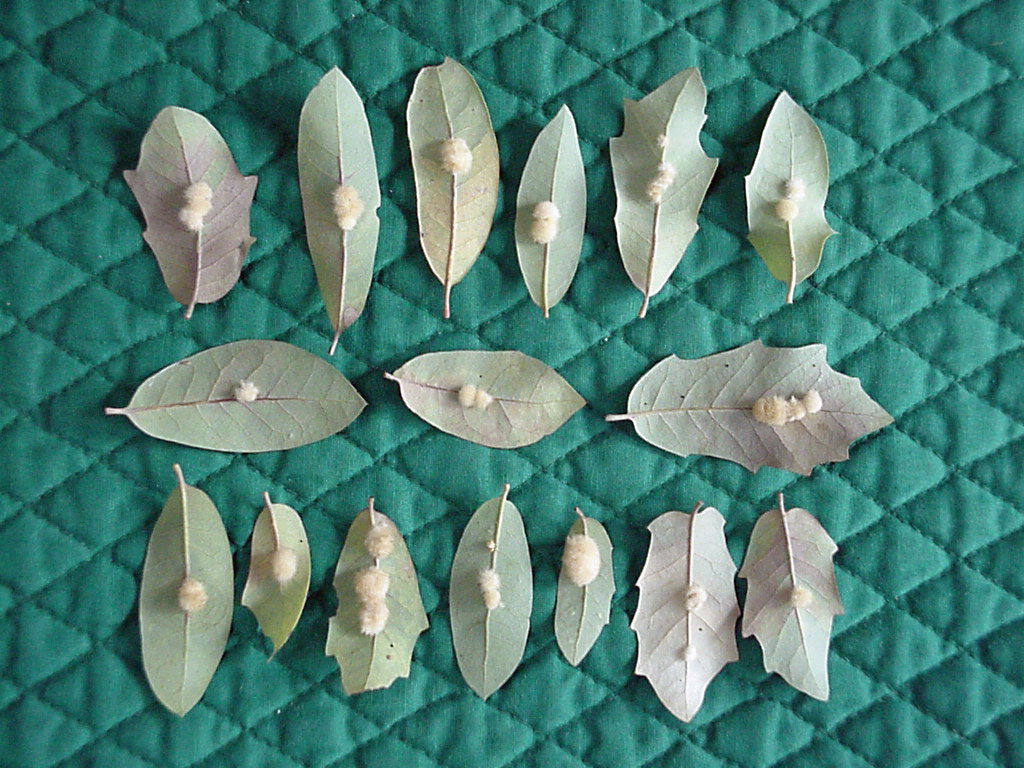
Plantanswers Plant Answers Oak Leaf Galls

Oak Leaf Gall Id Request Callirhytis Furva Bugguide Net

Leaf Galls In Your Trees Damaging Or Not Blog Preservation Tree Services Dallas Fort Worth Tx
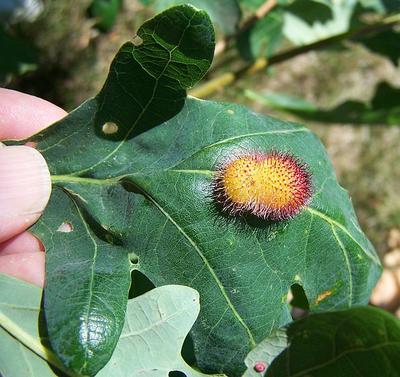
Galls Are Common On Oak Trees South Carolina Public Radio

Oak Leaf Galls Ball Oak Gall Oriental Chestnut Gall Wasp Wasp Larvae Pikist

Nature Picture Library Silk Button Galls On The Underside Of Pedunculate Oak Leaf Quercus Robur Caused By The Gall Wasp Neuroterus Numismalis Dorset Uk September Colin Varndell

Plantanswers Plant Answers Oak Leaf Galls
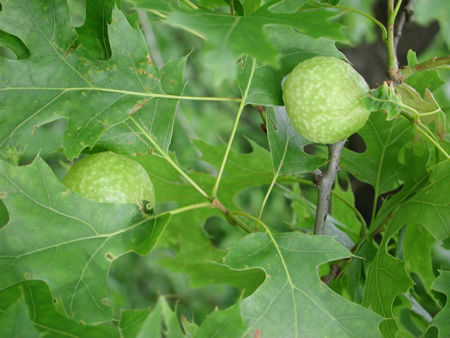
Insect And Mite Galls Umn Extension

Oak Leaf Insect Gall 55krc Ron Wilson

Silk Button Gall Wasp Naturespot
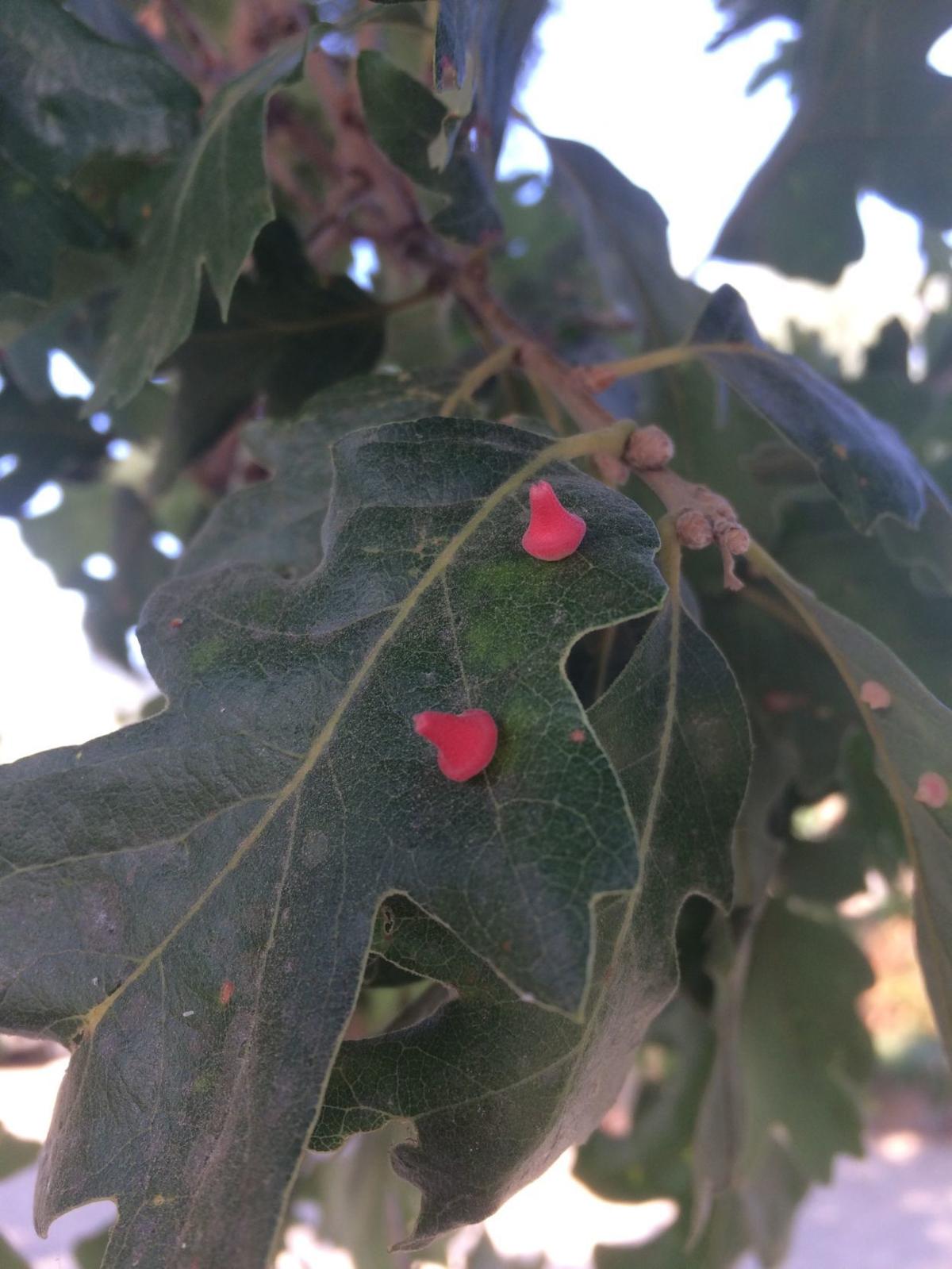
Bill Pramuk Trees And People Colorful Curiosities On Oaks Napavalleyregister Com
:max_bytes(150000):strip_icc()/Leaf-Galls-5a7461d60e23d90036e06f3c.jpg)
How To Deal With Leaf Galls Bumps On Your Tree S Leaves

Oak Leaf Gall Midge Polystepha Pilulae Minnesotaseasons Com Blog

Coastal Journal Gall Wasps Attaching To Live Oaks Trees The Virginian Pilot The Virginian Pilot

Do Masses Of Oak Leaf Galls Mean A Mass Invasion Of Wasps

Oak Leaf Gall Eden Tree Pros
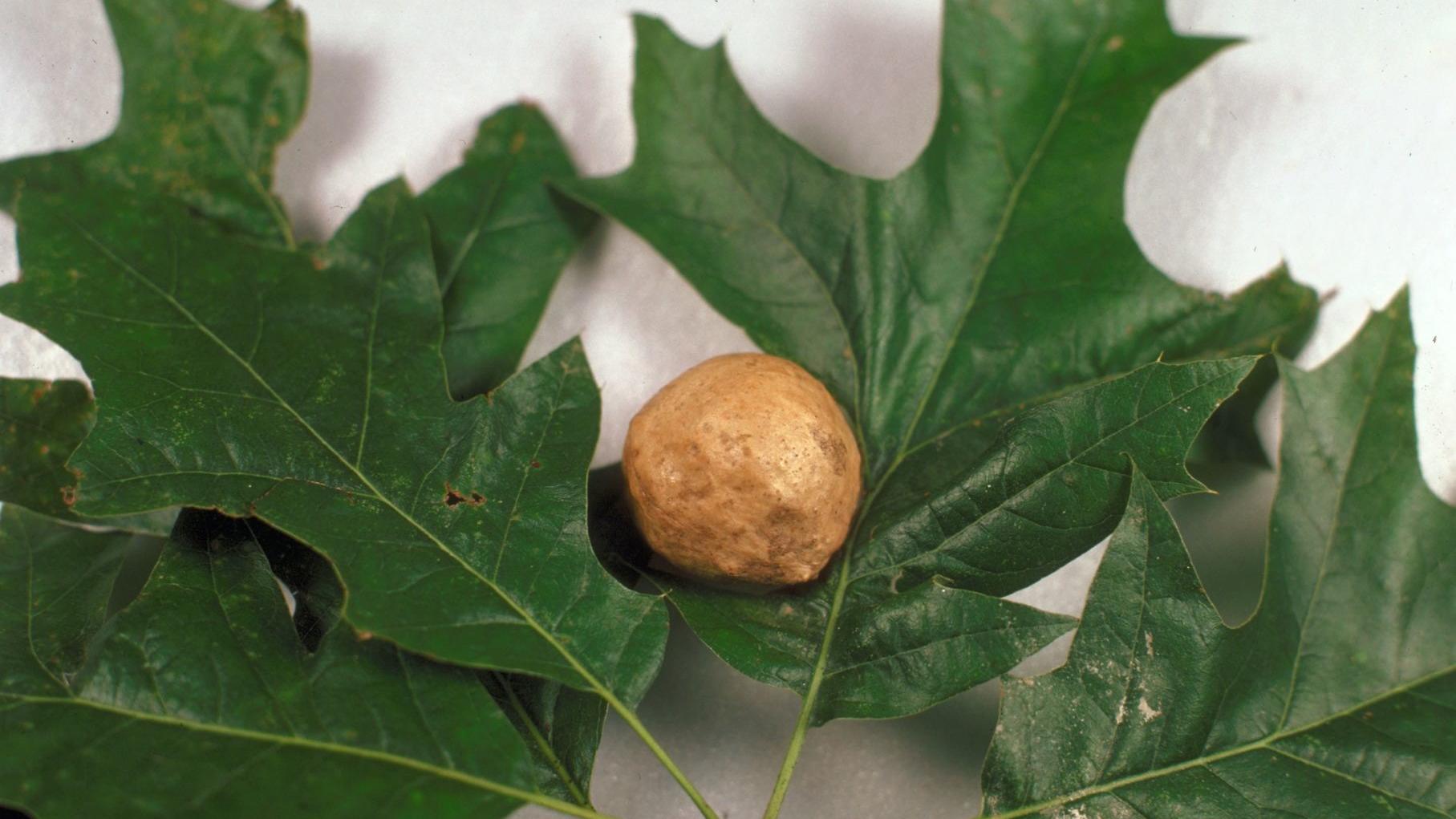
Master Gardener Oak Galls Are Not Typically Harmful To Trees Home Garden Tulsaworld Com

Suction Cups On The Bottom Of Oak Leaves Bygl
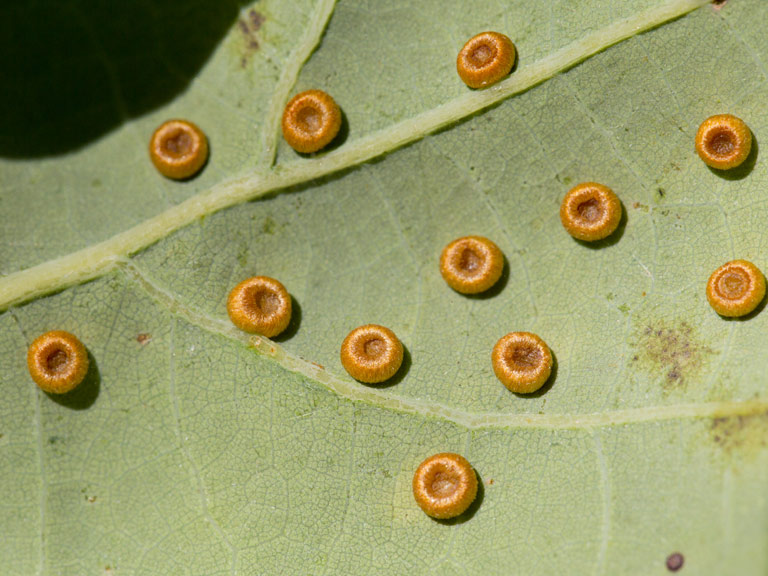
Galls On Trees Saga

Will Thousands Of Oak Leaf Galls Produce A Mass Invasion Of Wasps East Bay Times
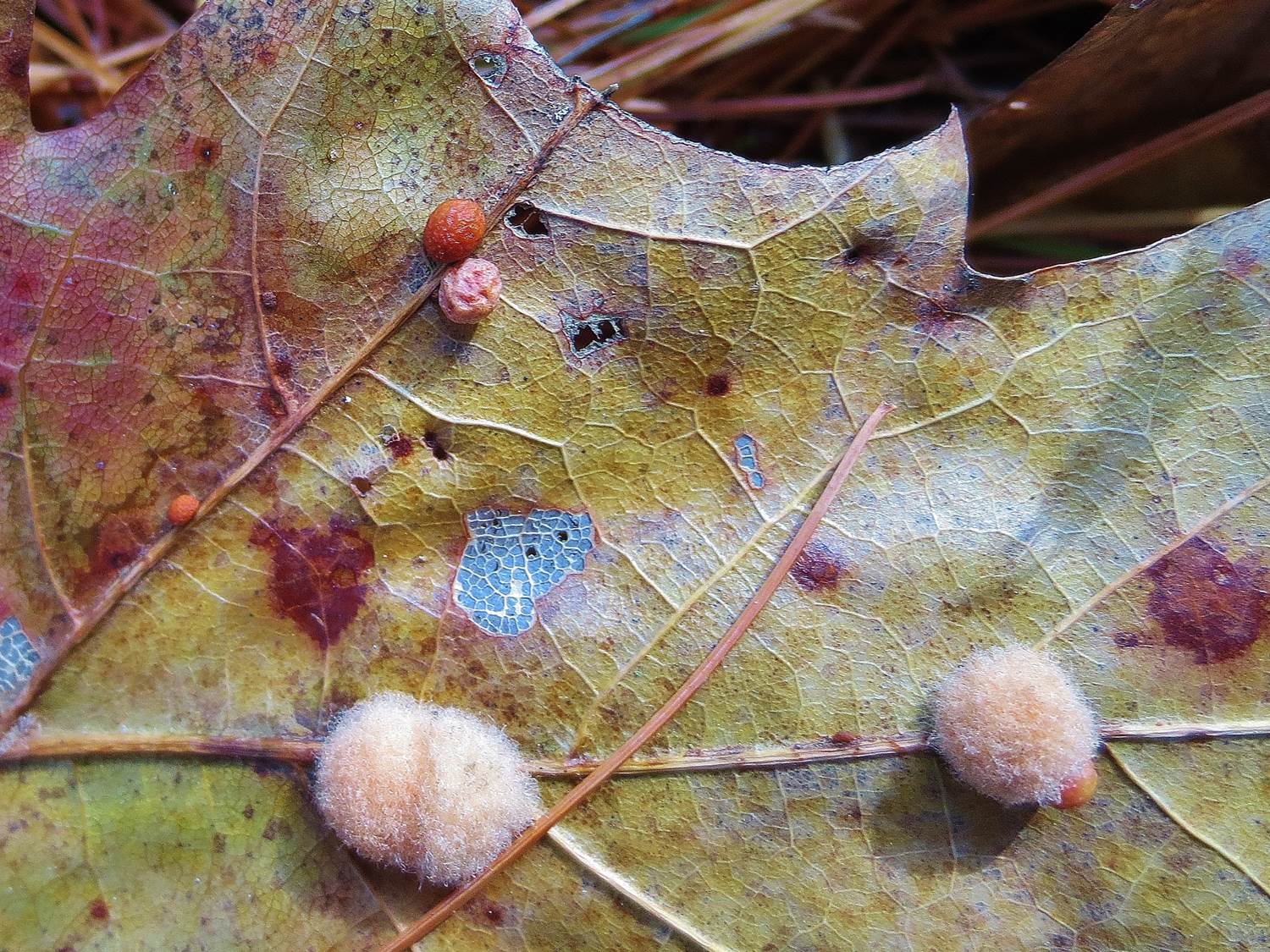
Woolly Oak Galls Callirhytis Lanata

Nh Notes Fuzzy Orange Galls On Oak Leaves Naturalis Historia

What S Wrong With My Plant Garden University Of Minnesota Extension

Gall Darn It Gall Insects On Hickory Oak And Elm I Phylloxera Caryaecaulis Andricus Palustris Colopha Ulmicola I Bug Of The Week

Cherry Galls On Oak Leaves The Hazel Tree
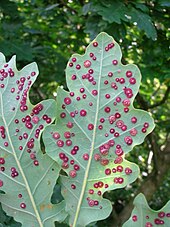
Neuroterus Quercusbaccarum Wikipedia

New Isu Extension And Outreach Guide Provides Information On Insect Galls News



